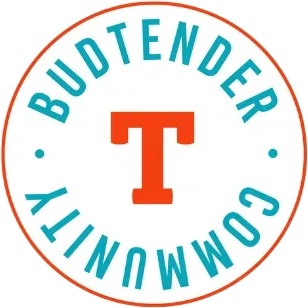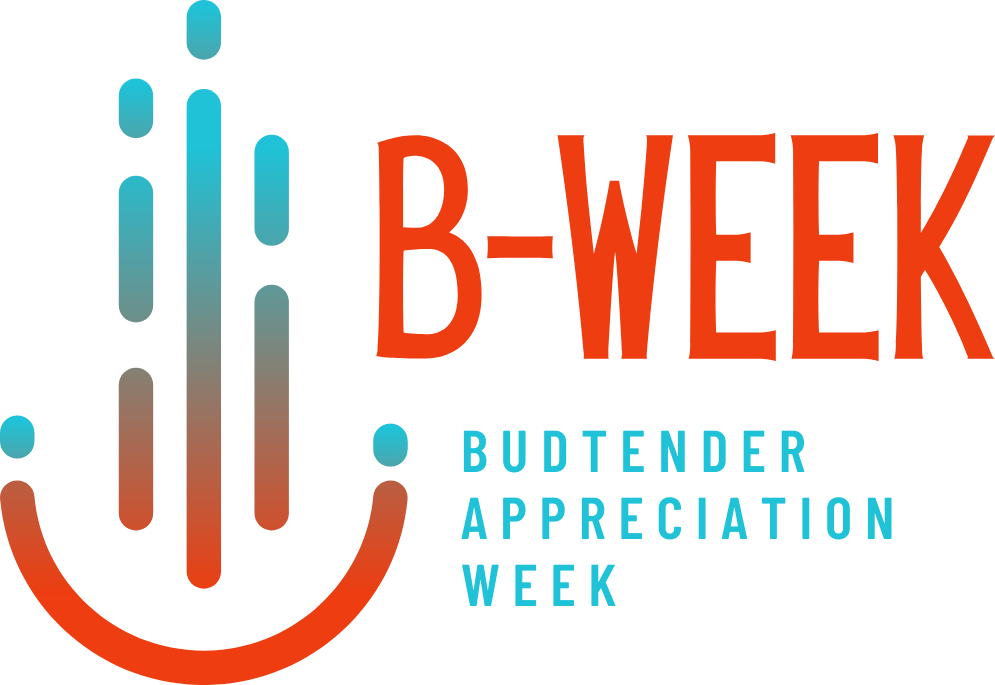The United States Supreme Court has ruled against Medical Marijuana Inc. in a case involving a truck driver who lost his job after he failed a drug test. The driver, Douglas Horn, claimed he was misled into using a cannabidiol (CBD) product that was falsely advertised as THC-free. THC is the psychoactive compound in cannabis responsible for its intoxicating effects.
In a narrow 5 to 4 decision, Justice Amy Coney Barrett wrote the majority opinion, upholding a lower court ruling that permitted Horn to sue the company, based in San Diego, under the Racketeer Influenced and Corrupt Organizations Act (RICO).
RICO, a 1970 law originally aimed at curbing organized crime, allows individuals to seek triple damages if they suffer business or property losses due to certain illegal activities.
The central issue in the case was whether Horn’s job loss constituted the type of injury covered by RICO. The court determined that his firing fit the legal definition of harm, rejecting Medical Marijuana’s argument to the contrary. Barrett stated in the court’s ruling that the company had no viable alternative interpretation of the statute.
Horn, who had sustained injuries in a trucking accident, purchased Medical Marijuana’s CBD tincture—Dixie X—in 2012. The product was marketed as a natural pain remedy that contained no THC. However, a random drug test by his employer later detected THC in his blood system, leading to his termination after more than ten years on the job. Horn maintains he has never used cannabis.
In 2015, Horn filed a lawsuit in a New York federal court seeking financial compensation. They accused Medical Marijuana and its affiliates of violating RICO by engaging in a pattern of fraudulent activities, including wire and mail fraud, as well as violations of the Controlled Substances Act (CSA). A laboratory test later confirmed that the tincture did, in fact, contain THC.
Initially, a federal trial judge dismissed Horn’s RICO Act claim. However, the second U.S. Circuit Court of Appeals in New York overturned that decision, allowing the lawsuit to proceed. Medical Marijuana subsequently appealed to the Supreme Court, which heard arguments on the case on October 15, 2024, before issuing its final ruling.
The ruling sets a precedent, potentially allowing others in similar situations to seek damages under RICO if they can prove financial harm due to mislabeled or misleadingly marketed marijuana products.
The decision of the Supreme Court is likely to be seen by many marijuana companies, including SNDL Inc. (NASDAQ: SNDL), as a reminder to all businesses to be particular about the information they include on product labels since any mistakes or misinformation can have serious ramifications for their clients and the companies themselves.
About CNW420
CNW420 spotlights the latest developments in the rapidly evolving cannabis industry through the release of an article each business day at 4:20 p.m. Eastern – a tribute to the time synonymous with cannabis culture. The concise, informative content serves as a gateway for investors interested in the legalized cannabis sector and provides updates on how regulatory developments may impact financial markets. If marijuana and the burgeoning industry surrounding it are on your radar, CNW420 is for you! Check back daily to stay up-to-date on the latest milestones in the fast -changing world of cannabis.
To receive SMS alerts from CNW, text CANNABIS to 888-902-4192 (U.S. Mobile Phones Only)
For more information, please visit https://www.CannabisNewsWire.com
Please see full terms of use and disclaimers on the CannabisNewsWire website applicable to all content provided by CNW, wherever published or re-published: https://www.CannabisNewsWire.com/Disclaimer
CannabisNewsWire
Denver, CO
www.CannabisNewsWire.com
303.498.7722 Office
Editor@CannabisNewsWire.com
CannabisNewsWire is powered by IBN



















